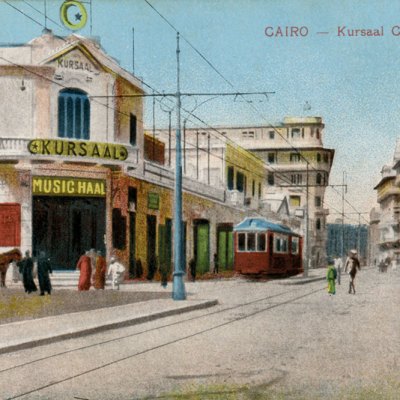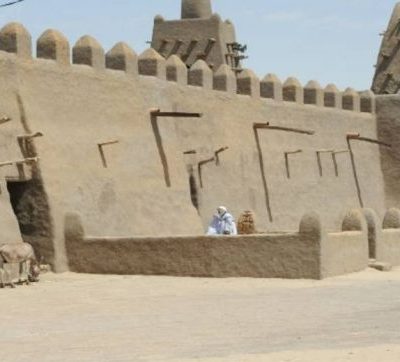
On Saturday 25 January at 4pm, Apollo web editor Gabrielle Schwarz will chair a panel discussion at London Art Fair, Islington, on the theme of British art and the environment – with panellists Rosemary Shirley (associate professor of museum studies, University of Leicester), Ben Tufnell (writer, and director of Parafin gallery), and Rachel Pimm (artist). Read more about the talk below.
In recent years, the climate crisis has grown impossible for society to ignore – and artists have often led the way in examining humanity’s relationship to our environment. From past eras, there are the sublime landscapes of Romantic painters like J.M.W. Turner, whose darkened skies and stormy seas influenced John Ruskin’s late-Victorian studies of the natural world and the problem of atmospheric pollution (described by Ruskin as a ‘storm-cloud’). More recently, artists in the UK and beyond have turned to the land not just as subject matter but also as material – as in Richard Long’s seminal A Line Made by Walking of 1967.
The panel will look at how modern and contemporary artists in Britain have engaged with nature, focusing on a varied selection of movements and projects over the past century – from modernist rural landscapes to land art, to contemporary ecological art. In each case, the ways in which meaning is shaped by medium and process, style and imagery, and the works’ historical and physical contexts will be explored. How have artists used landscape painting to perpetuate or question pastoral ideals? What does it mean to make an artwork using earth and stone as opposed to oil and canvas, to exhibit it in a field or in a school as opposed to a gallery or museum? How have the worsening effects of climate change affected artistic priorities and strategies?
Then there’s the wider question of the roles art can play in preserving the planet for future generations – whether artworks might serve as historical records of a vanishing world, objects of beauty to inspire positive change, tools to raise ‘climate consciousness’, or more practical forms of direct action. Could these forms of art also be considered a type of research or activism – and if so, what is it that sets art apart as a vehicle for change?
Free to attend for all visitors to London Art Fair.


